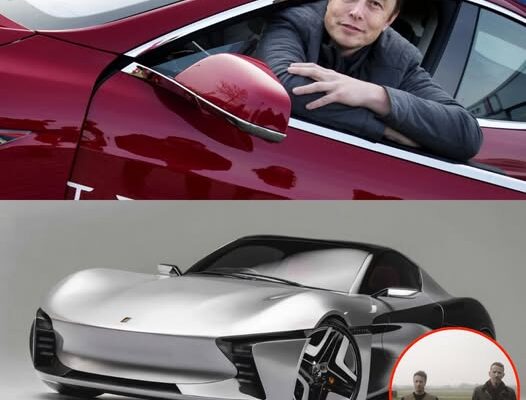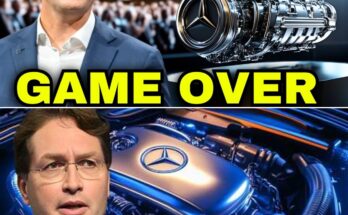For Tesla fans and electric vehicle (EV) enthusiasts, the dream of a next-gen Tesla Roadster remains exactly that — a dream. First unveiled with Elon Musk’s signature bravado in 2017, the $200,000 Roadster was billed as the “fastest production car ever made.” Yet nearly eight years later, the car is still missing from Tesla’s lineup, leaving reservation holders restless and industry watchers skeptical.
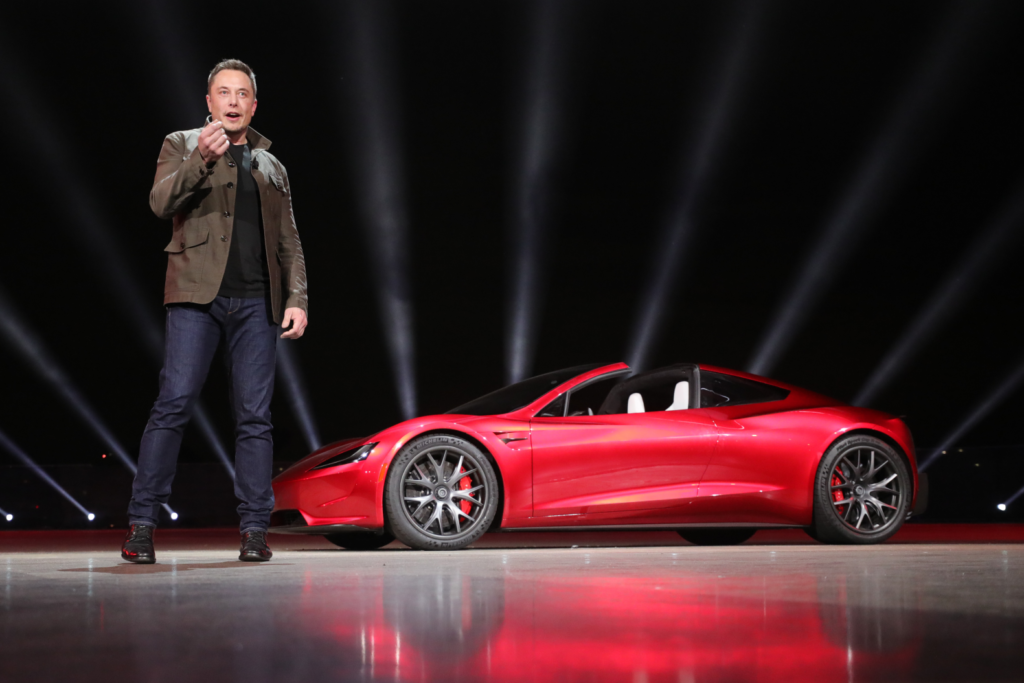
Now, two former Tesla employees are looking to seize that opportunity.
Daniel Davey and Mark Tapscott, veterans of Tesla’s early days in Europe, have stepped out of Musk’s long shadow with their own EV startup, Longbow. Founded in the UK in 2023 along with Jenny Keisu — the former CEO of electric boat pioneer X Shore — Longbow is positioned to challenge Tesla where it hurts most: innovation and delivery.
Their mission? To bring a lightweight electric Roadster to market before Tesla can deliver on its long-overdue promise. “We will deliver a Roadster before Tesla delivers a Roadster,” Davey said in a recent interview. “And ours will be lighter and cooler.”
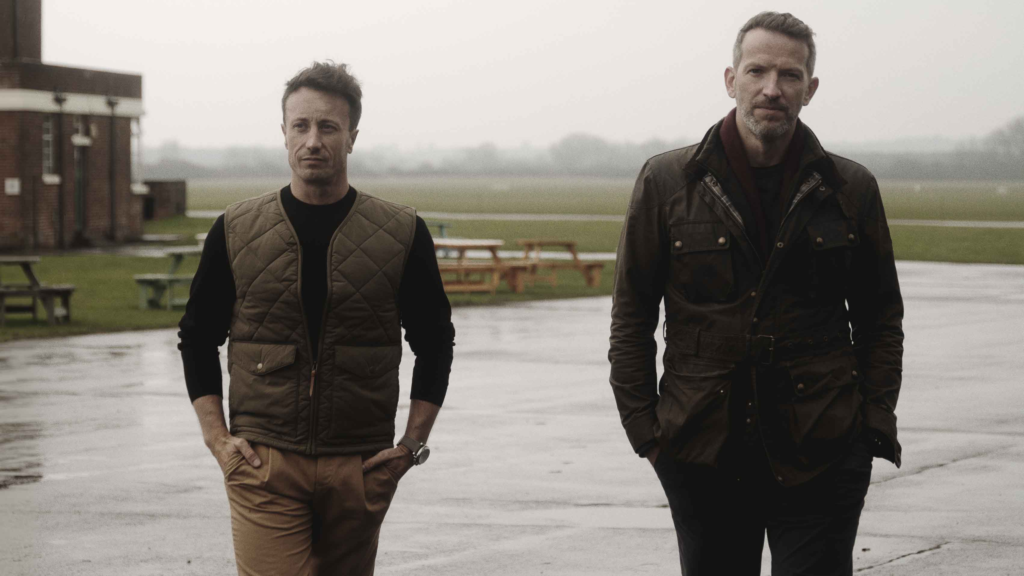
That statement isn’t just marketing fluff — it’s a strategic shot across the bow of a company once heralded as the face of disruption, now facing delays, manufacturing complexities, and increased competition across global markets.
Back in 2017, Musk pulled the wraps off a prototype that would spark imaginations and open wallets. Marketed as a revolutionary supercar with a sub-2-second 0-60 mph time and a top speed of over 250 mph, the second-generation Tesla Roadster was intended to redefine performance for EVs.
Buyers didn’t hesitate. Some shelled out as much as $250,000 upfront for the promise of delivery in 2020. Fast-forward to 2025, and not a single production unit has hit the road.
Despite multiple mentions and revised timelines from Musk over the years — including his 2021 tweet teasing a SpaceX rocket-thrust package — the Roadster remains elusive.
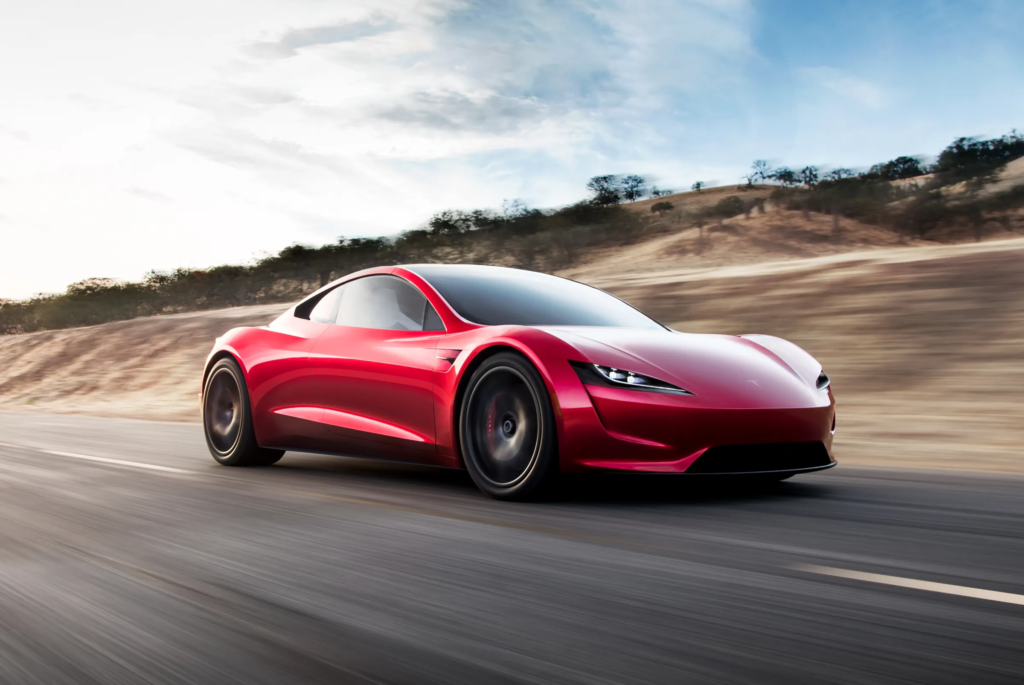
As Tesla continues to scale globally, with over 2 million vehicles delivered in 2024 alone, its core lineup of the Model S, 3, X, Y, and now the Cybertruck dominates the headlines. But the niche performance vehicle Musk once promised has seemingly taken a back seat.
Longbow’s approach is rooted in simplicity and agility — an ironic reversal from Tesla’s early mantras.
Davey and Tapscott were part of the original team that brought Tesla’s first Roadster and the Model S to European markets in the early 2010s. Their experience was formative. It wasn’t just about building cars; it was about navigating complex regulatory environments, educating a skeptical public, and inventing infrastructure on the fly.
That experience now powers their vision for Longbow.
Unlike Tesla’s current lineup — which has ballooned in size, complexity, and cost — Longbow is embracing “lightness” as a core design and manufacturing principle. Drawing on lessons learned from traditional motorsport engineering and modern EV tech, the startup aims to build high-performance electric sports cars that prioritize weight efficiency, simplicity, and emotional appeal.
